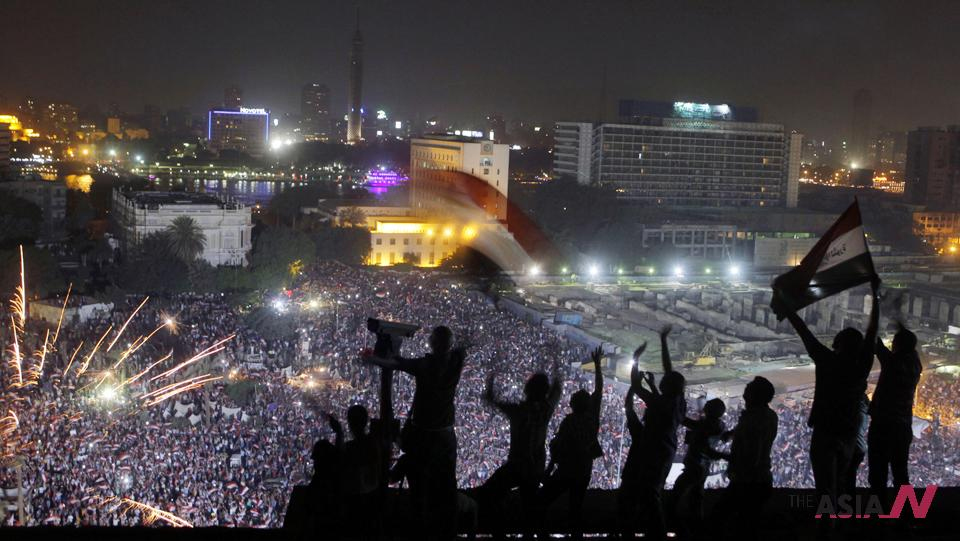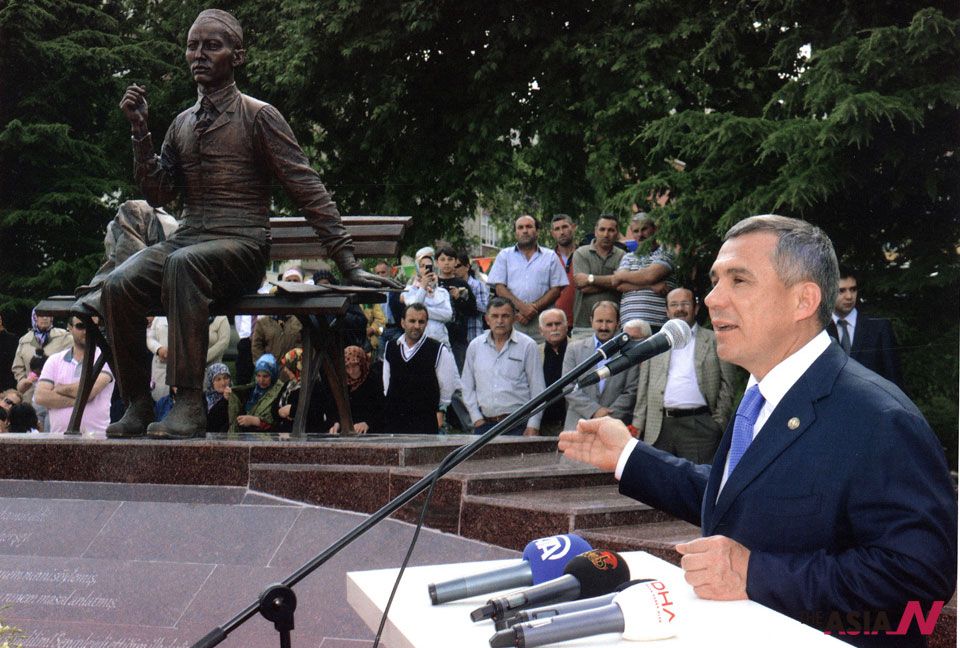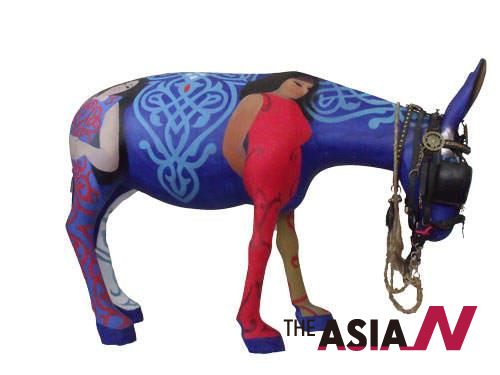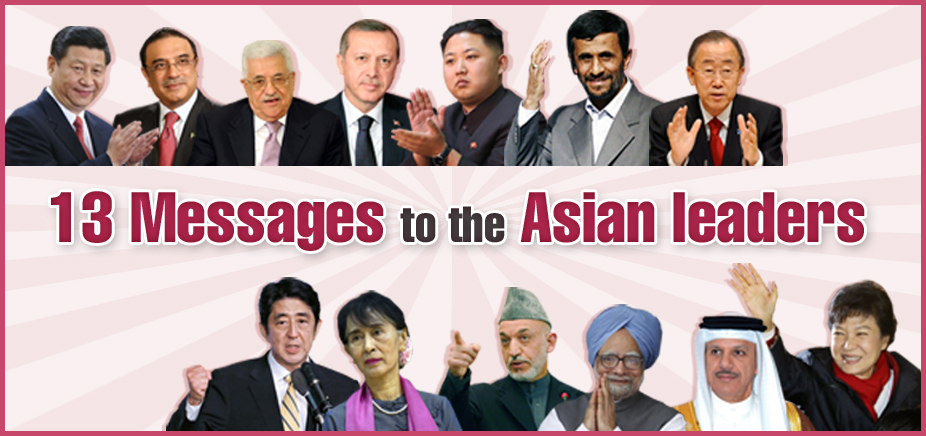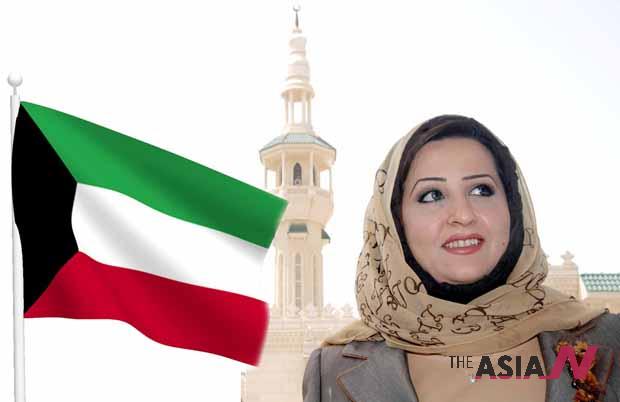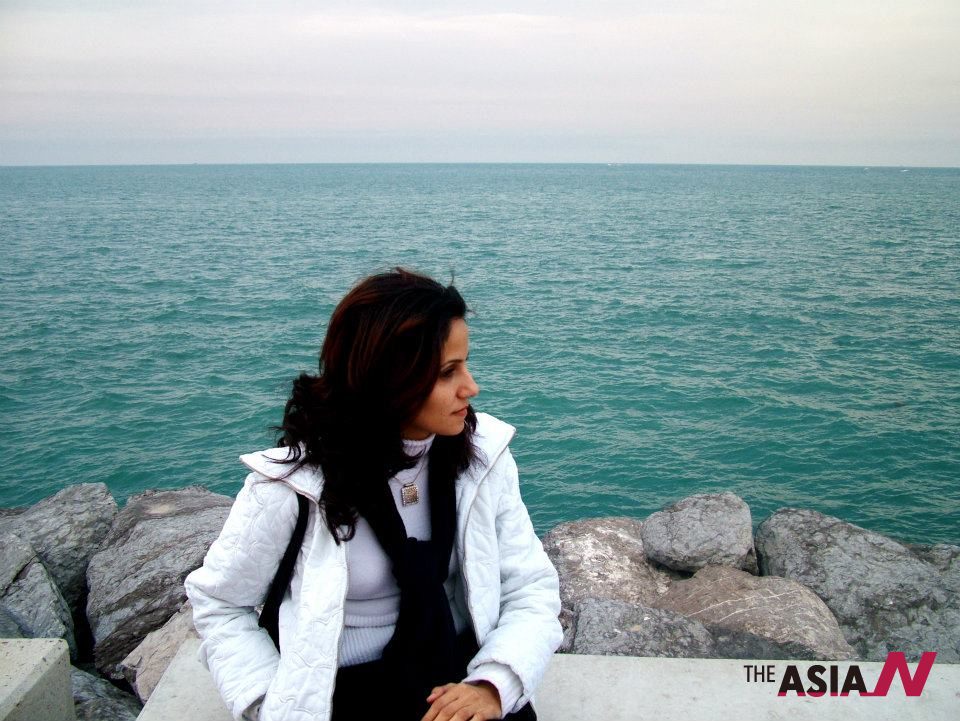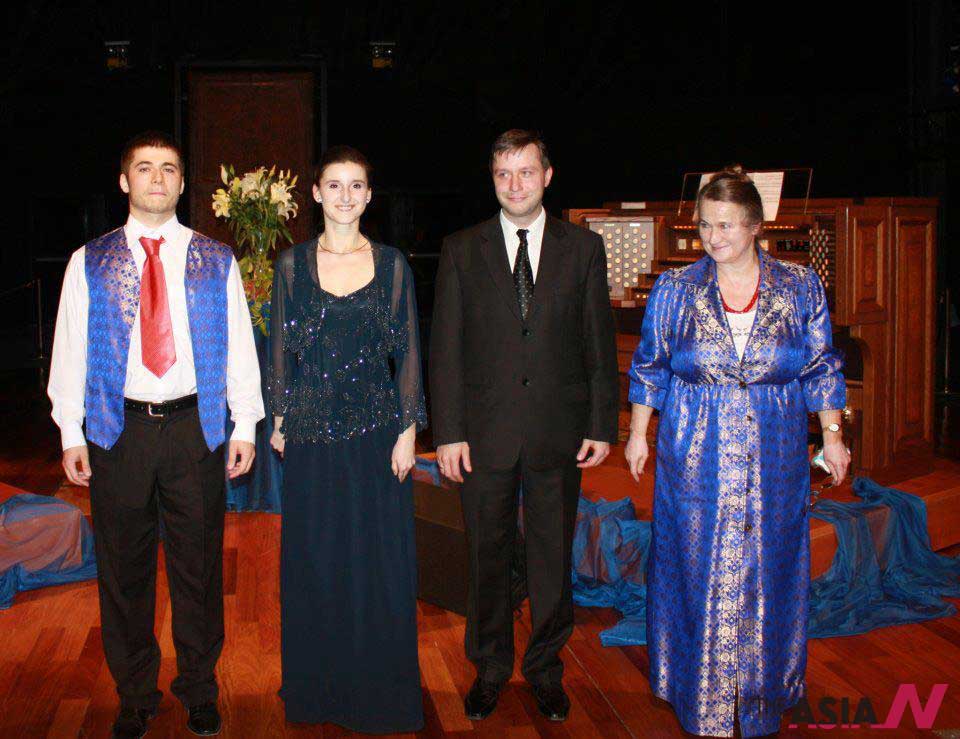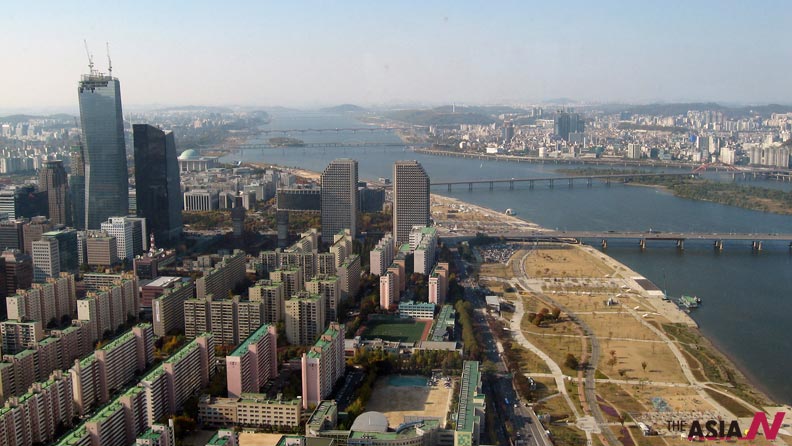
The Iron Lady of Kuwait: Axe on expats
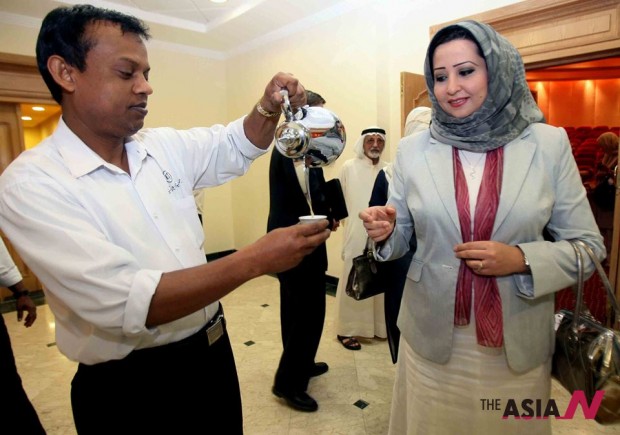
Last Thursday I called Kitty, the house maid whom I get her help in cleaning my residence in Kuwait, asking her to come on Friday. To my surprise, she told me that although she needs money to survive but she will not able to go out of her place, as the police men are collecting tens of expats, to check their legal IDs, and she has not collected hers from the new sponsor. If she was caught she would be deported, as it is happening daily for many.
The story of Kitty is similar to other hundreds of stories for those Asians and Africans brought to work in the Gulf states, after “buying the visa”; an expression means paying for companies that arrange sending them to work. On arrival, they discover the hell circumstances of work, not because of the government, but because of those tycoons who are on the labor companies, a modern image of the Slave Trade, forbidden business stopped for many decades.
Minister of Social Affairs and Labour Thekra Al-Rasheedi says that a proposed plan to reduce the number of expatriates in the country by one million over the next 10 years “will not be random and will spare highly-skilled manpower.”
The plan, announced by the minister last month, stipulates to reduce the number of expatriates by 100,000 every year for the next 10 years with the final target to cut one million expatriates from the current number of 2.6 million.“This does not mean random deportation but regulating and organizing expatriate manpower. Kuwait doors will remain open for experts, advisors, consultants and highly-skilled people. Deportation is only intended for ‘marginal laborers’ who have no work, the minister said at a local function yesterday.
The Kuwaiti Iron Lady, Rasheedi had never spelt out the measures that would be taken to achieve the goals but she had already ordered some constraints on the recruitment of expatriate labor and on the transfer of visas into work permits.
But reports have linked between actions by the traffic department of deporting expatriates for serious traffic offenses and Rasheedi’s statements. Two weeks ago, the National Assembly approved amendments to the labor law that allows for the establishment of a public authority for manpower which will be entrusted in the recruitment of workers from abroad.
Mrs. Badrya Darwish, the Kuwait Times columnist expressed her “sorry” feelings for the expats who are “Trapped between the rock and a hard place, as if they get away and are saved from the latest rules and regulations set by the new lady Minister of Social Affairs and Labour Thekra Al-Rashidi then they might face another fiasco of measures issued by the Ministry of Interior and applied only to expats. It is like a mousetrap.”
Darwish says that “according to the new law, driving licenses will be issued only to people whose university degrees match the careers they are in. May I know, what does a university degree have to do with a driving license? Maybe I want to have the designation of a salesman in my work permit? Does a salesman then have to get a university degree? Every salesman needs a car. In my experience those who really need a driving license in their jobs have lower degrees. If you have agreed previously to give someone a licence it is not a convincing reason to deprive him of it? I have said it million times before. This is not the way to solve the traffic problem in Kuwait.”
She ends her column by asking: “Is it proper for Kuwait to empty the country of people? Every country needs marginal labor. Reducing the number of expats is the right of the government and parliament if they think that we Kuwaitis can replace these jobs. Countries do not run like this. Start training our boys and girls from scratch for these jobs, which by the way might take many years”, recommending not to “carry the axe on expats, we are not in a war zone, and after all they are human beings. Do not scare them and terrorize them. You need them to work. People cannot work properly in a military atmosphere.”




